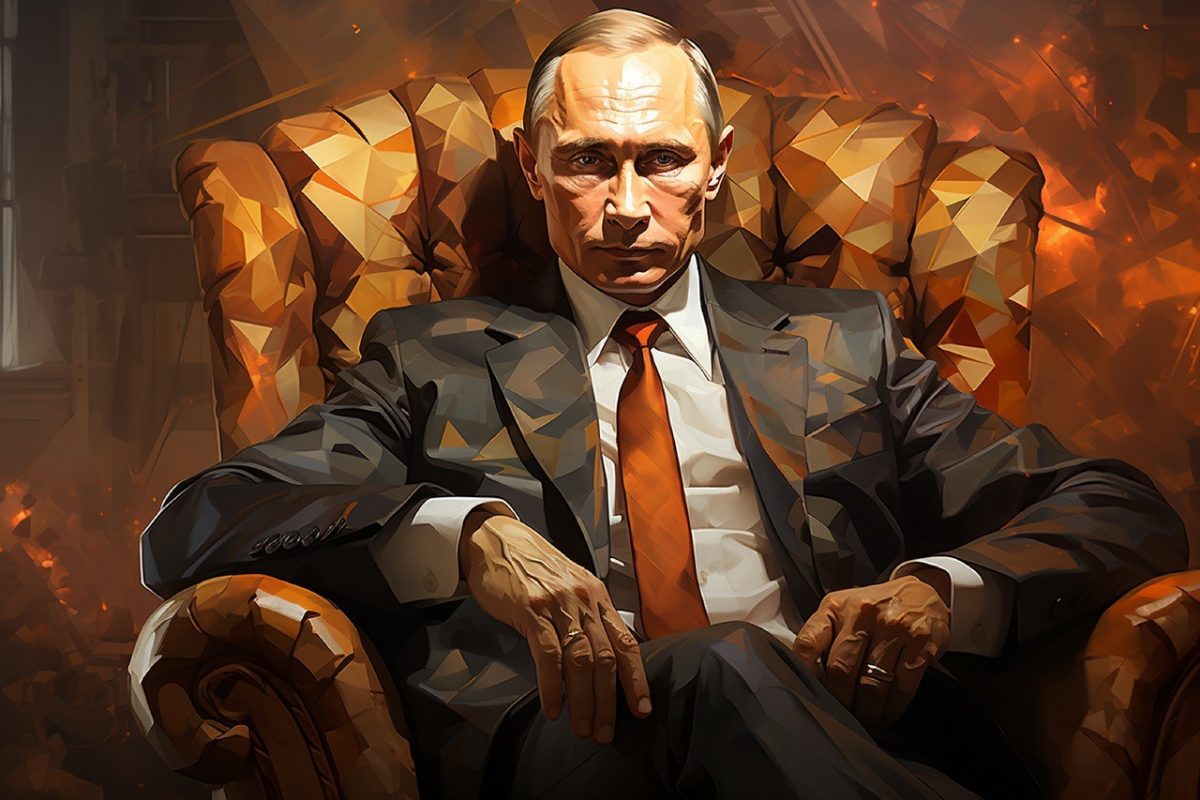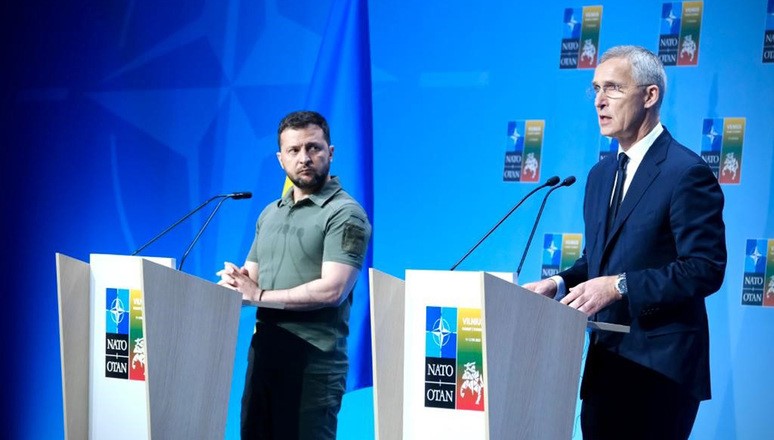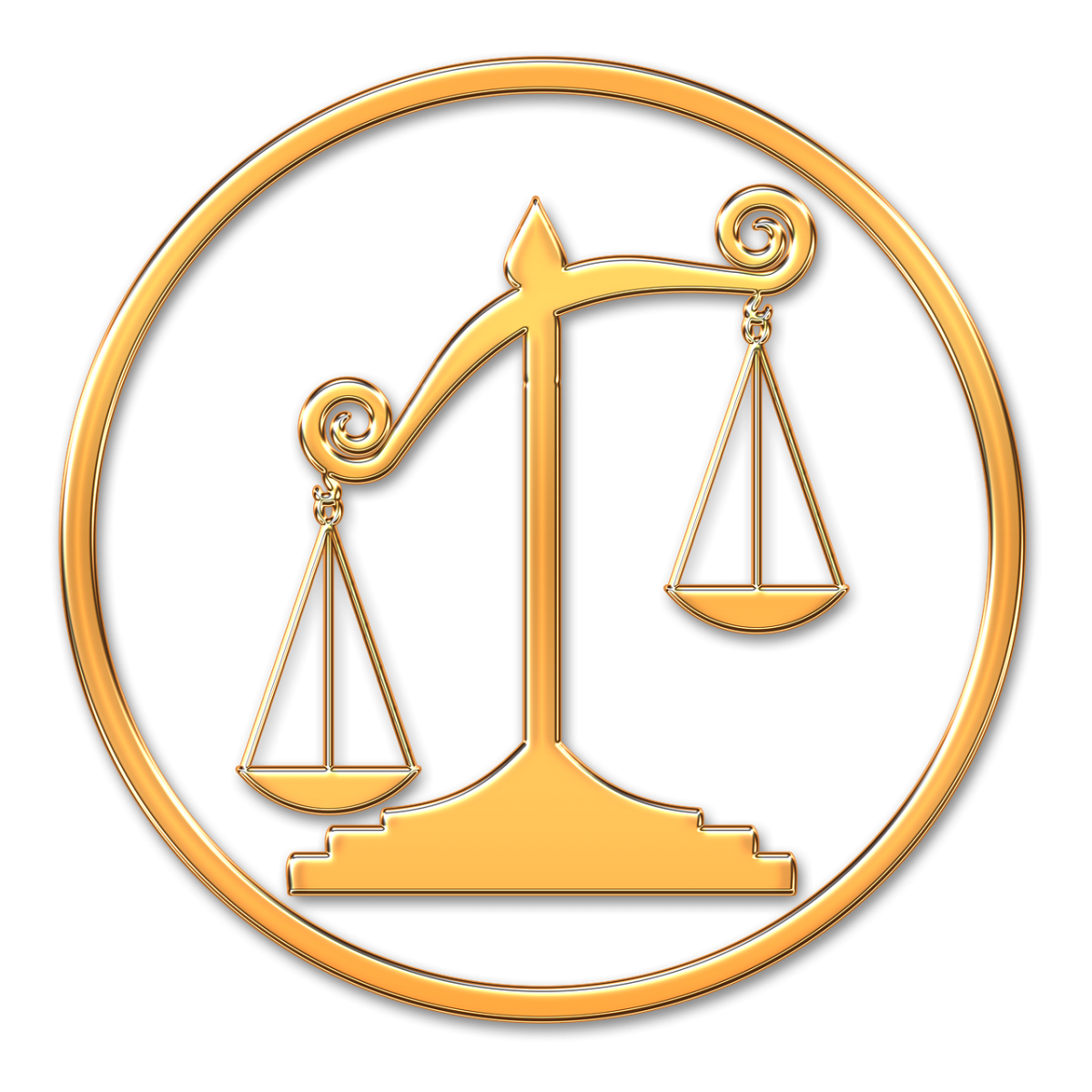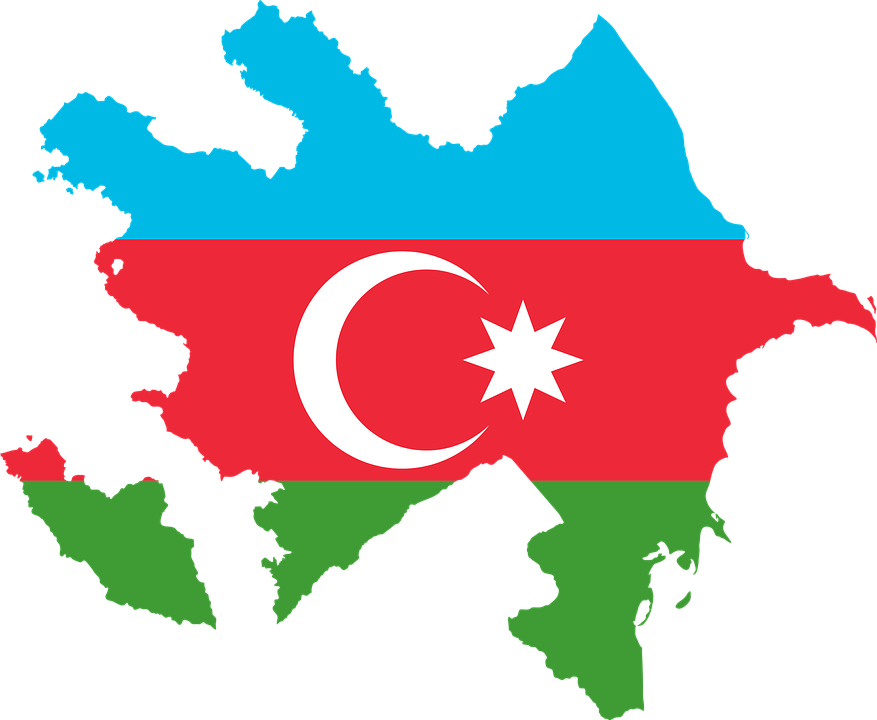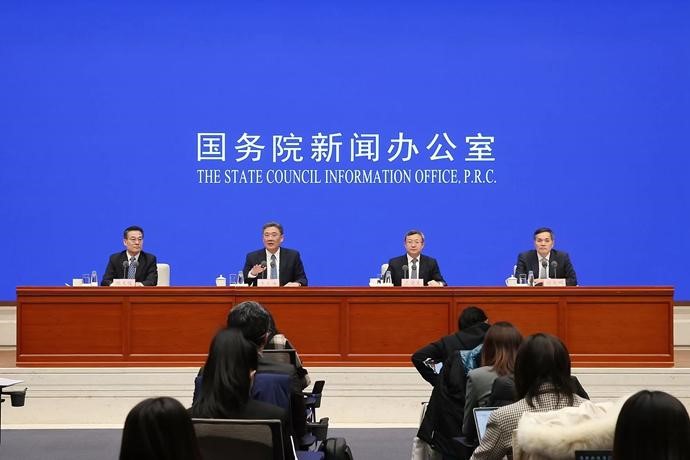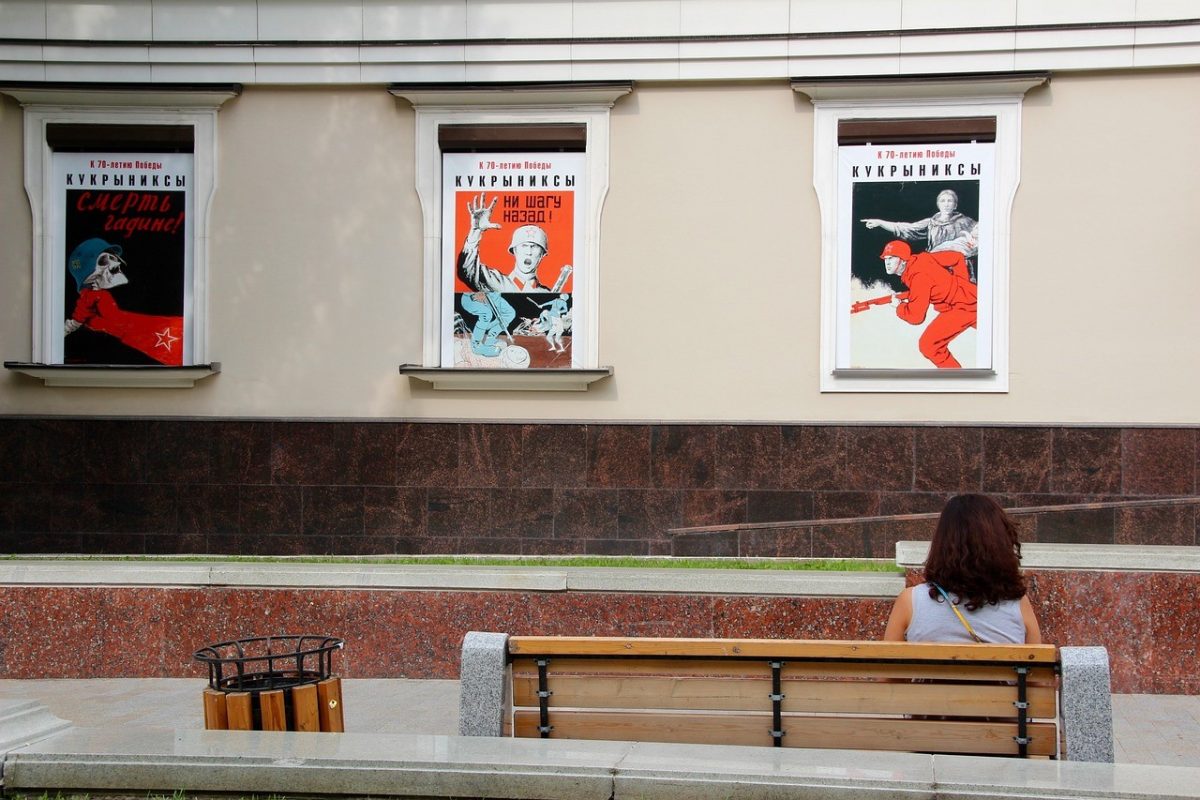As is well known at this point, former President Donald Trump was indicted by a Federal Grand Jury, and is currently facing a criminal trial for these charges in the Southern District of Florida. The Indictment can be viewed here.
In general, the Indictment is predicated upon a search of Trump’s Florida residence, Mar A Lago conducted by 30 FBI Agents from the bureau’s Washington DC office, using a warrant obtained from a Florida Federal Magistrate. Shortly after the search, we discussed the reasons this search warrant is in violation of the Fourth Amendment’s prohibition against general warrants.
In Part 1, we explained why this violation of the Fourth Amendment must lead to the suppression of all evidence obtained in the FBI’s illegal and outrageous search of Mar A Lago. (Frank, please put a link to Part 1 here). We also explained why the suppression of the allegedly classified documents seized during this illegal search would (and must) lead to the dismissal of most, if not all charges in the Indictment.
Today we will discuss some more issues and problems relating to Special Counsel Jack Smith’s Indictment.
The most obvious and glaring concern relates to the first 31 counts brought against former President Trump – that is, 31 separate violations of 18 USC Sec. 793(e). (Each count is predicated on an individual allegedly classified document recovered during the illegal search of Mar A Lago.) Also known as the Espionage Act, this statute reads as follows: “Whoever having unauthorized possession of, access to, or control over any document…map…or note relating to the national defense, or information relating to the national defense which information the possessor has reason to believe could be used to the injury of the United States or to the advantage of any foreign nation, willfully communicates, delivers, transmits or causes to be communicated, delivered, or transmitted, or attempts to communicate, deliver, transmit or cause to be communicated, delivered, or transmitted the same to any person not entitled to receive it, or willfully retains the same and fails to deliver it to the officer or employee of the United States entitled to receive it.”
It is important to highlight this particular language of the statute; “the possessor has reason to believe (the information) could be used to the injury of the United States or to the advantage of any foreign nation.”
The typical Indictment brought by the majority of prosecutors only give a bare bones description of the actions of the defendant that are in violation of the law. For instance, an Indictment charging a Murder would accuse the defendant of causing the death of the victim with the intent to cause that death, by firing a bullet into the heart of said victim. The indictment would not typically tell you the make and caliber of the gun, nor would it tell you whether or not the victim and defendant were known to each other prior to the shooting.
Here, Smith has provided us with what is known as a “talking” Indictment – that is, he gives us an extensive explanation of the facts upon which the Indictment is based. 27 pages of facts to be precise.
According to the Indictment, “As president, Trump had lawful access to the most sensitive classified documents and national defense information gathered and owned by the United States government…over the course of his presidency, Trump gathered…official documents and other materials in cardboard boxes…the classified documents Trump stored in boxes included information regarding defense and weapons capability of both the United States and foreign countries…the unauthorized disclosure of these classified documents could put at risk the national security of the United States…”
There are two instances described by Smith’s Indictment regarding Trump’s alleged disclosure of classified information. “In July 2021…during an audio-recorded meeting with a writer, a publisher and two members of his staff, none of whom possessed a security clearance, Trump showed and described a “Plan of Attack” that Trump said was prepared for him by the Department of Defense. Further, “In August or September of 2021…Trump showed a representative of his political action committee who did not possess a security clearance a classified map related to a military operation…”
Regarding the first disclosure, Trump allegedly called the “Plan of Attack” “highly confidential” and “secret.” In the second instance, Trump allegedly said he should not be showing the PAC representative the map.
It should be noted that a review of the 31 documents which form the basis for each individual count does not clarify which documents are the basis for the two disclosures described earlier in the indictment. Not a single one of the documents is described as either a “Plan” or a “Map,” although Number 11 is described as an “undated document concerning military contingency planning of the United States.”
Let us assume, for the sake of argument, that Trump did exactly what he is accused of doing – that he showed classified documents or maps to several individuals who did not possess a security clearance. Nonetheless, do either of these incidents as described in the Indictment fit the description of the state of mind necessary to be in violation of 18 USC Sec. 793(e), that is, “the possessor has reason to believe (the information) could be used to the injury of the United States or to the advantage of any foreign nation”?
For instance, does the Indictment state that Trump expressed any intention to provide any foreign country with an advantage over the United States by disclosing this information? No, it does not. Does the Indictment state that Trump intended harm to the interests of the United States by his disclosure? Again, the answer is no.
Finally, is there any allegation that any of the persons who received this information did then provide that information to any foreign nation, or make any effort to harm the United States and its interests? Once more, the answer is no. There is no allegation made in the indictment that these individuals went on to either injure the United States or act to the advantage of any foreign nation.
According to the BBC, however, “(t)he part of the law referenced by the special counsel’s indictment in Mr Trump’s case…does not say that the suspect must be working with another country to deliberately harm the US… Under the law, prosecutors will not be required to prove that Mr Trump knew that the information he possessed could harm national security interests, but rather that any reasonable person would understand the harm it could do.”
Yet, this analysis is bolstered by reference to other people charged under the Espionage Act, such as Julius and Ethel Rosenberg, Jonathan Pollard and Chelsea Manning – all spies, or at the very least, persons intent on harming the United States and giving an advantage to a foreign government.
In a time not so long ago, a prosecution under the Espionage Act caused concern among civil libertarians. As described by the National Constitution Center, “(t)hroughout American history, free speech has often been tested during times of war. During World War I, President Woodrow Wilson pushed for new laws that criminalized core First Amendment speech. Congress passed the Espionage Act shortly after the U.S. entered the war. The Act made it a crime to convey information intended to interfere with the war effort… (this law was) directed at socialists, pacifists, and other anti-war activists. The Wilson Administration argued that (this act was) essential to the war effort and prosecuted thousands of anti-war activists under their various provisions. While modern scholars view (the Espionage Act) as violating core free speech protections, the Supreme Court at the time upheld these convictions.”
Now it is mostly those on the political right who are troubled by the prosecution of former President Trump under the Espionage Act.
Another issue to be considered is brought up by former Acting US Attorney General Matthew Whitaker, who said “the interplay between the Presidential Records Act, which says all documents are covered by that act, and the Espionage Act…I think is going to be the most important issue that the courts are going to have to decide.”
In fact, the Presidential Records Act (PRA) of 1978, “established a…statutory structure under which Presidents…must manage the records of their Administrations… Specifically, the PRA.. Places the responsibility for the custody and management of incumbent Presidential records with the President… Requires that the President and his staff take all practical steps to file personal records separately from Presidential records….Establishes a process by which the President may restrict and the public may obtain access to these records after the President leaves office; specifically, the PRA allows for public access to Presidential records through the Freedom of Information Act (FOIA) beginning five years after the end of the Administration, but allows the President to invoke as many as six specific restrictions to public access for up to twelve years…(and) Codifies the process by which former and incumbent Presidents conduct reviews for executive privilege prior to public release of records.”
“After a presidency, the responsibility for the custody, control, preservation of, and access to presidential records shifts to the (National Archives).” However, significantly, “(t)he PRA does not provide the former President with a process for disposing of presidential records after leaving office.”
As most readers will recall, Trump was involved in extensive negotiations with the National Archives over which of his records were “Presidential” and which were “personal” when the debate was settled by the FBI and a search warrant. But charging the former President with a violation of the criminal Espionage act, as opposed to suing him under the civil Presidential Records Act does not settle the matter.
To understand the difference, “let’s examine the famous CLINTON SOCKS CASE...Key point: The case is not about Bill Clinton’s cat named Socks…(r)ather, it involves tape recordings of conversations between President Clinton and historian Taylor Branch intended to serve as a personal diary of sorts, and which eventually formed the basis of Branch’s 2009 book, “The Clinton Tapes.” According to Branch, Clinton would store the tape recordings in his sock drawer for safekeeping and to ensure that staff didn’t find, and possibly leak, the tapes. In 2010…Judicial Watch sued the National Archives and Records Administration (NARA), demanding that it obtain custody of the tapes and deposit them in the Clinton Presidential Library. Judicial Watch argued that Clinton should have included the tapes among the records transferred to NARA at the end of his presidency, and that NARA had to take steps to obtain the records. Judge Amy Berman Jackson dismissed the case because Judicial Watch did not identify anything that NARA could do to retrieve the tapes from Clinton. Jackson further noted that NARA was powerless to classify the records as presidential: ‘[T]he PRA does not confer any mandatory or even discretionary authority on the Archivist to classify records.’”
Trump himself believes that the Presidential Records Act, and not the Espionage Act should be applied here. “Not only was Bill Clinton never even considered for criminal prosecution based on the tapes he took, but when he was sued for them, he won the case,” the former President said in remarks made after his federal arraignment. “Judge Amy Berman Jackson’s decision states: ‘Under the statutory scheme established by the Presidential Records Act, the decision to segregate personal materials from Presidential records is made by the President during the President’s term, and in the President’s sole discretion’…(i)n other words, whatever documents a president decides to take with him, he has the right to do so. It’s an absolute right. This is the law. And that is something that people have now seen and it couldn’t be more clear. They ought to drop this case immediately.”
Naturally, it should be pointed out that Donald Trump is charged with more than just taking allegedly classified documents and declaring them to be personal records. He is also accused of making use of those supposedly classified records in at least two instances, under circumstances where he had “reason to believe (the information) could be used to the injury of the United States or to the advantage of any foreign nation.” But, if he is authorized to keep these documents under the PRA, whether marked “classified” or not, he is also authorized to make use of those documents as he wishes.
Though many legal minds do not believe the Presidential Records Act is applicable here, there are arguments which will have to be considered by a court before the matter could ever go to trial. In particular, the PRA “granted an exclusive right of former presidents to maintain custody and control of presidential papers accrued during their terms in office. Arguably, it includes classified documents…(f)or more than a decade, it was the considered opinion of the Department of Justice that the PRA conferred a unique right on former presidents to keep whatever presidential records they want, and the government has no authority to seize them. The National Archives agreed. A president has the sole discretion to segregate and dispose of records…(f)orty-five years ago, Congress passed the Records Act to memorialize what previous presidents had always been permitted to do as a matter of tradition and practice. This is important since it is incumbent on courts to interpret statutes consistent with legislative intent. As The Wall Street Journal noted in a recent editorial, ‘If the Espionage Act means Presidents can’t retain any classified documents, then the PRA is all but meaningless.’ Quite right.”
In other words, if the Court concludes that the Presidential Records Act, and not the Espionage Act is applicable to former President Trump’s retention of all documents seized by the FBI in its raid at Mar A Lago, then the first 31 counts of the Indictment must be dismissed.
Judge John Wilson (ret.) served on the bench in NYC
